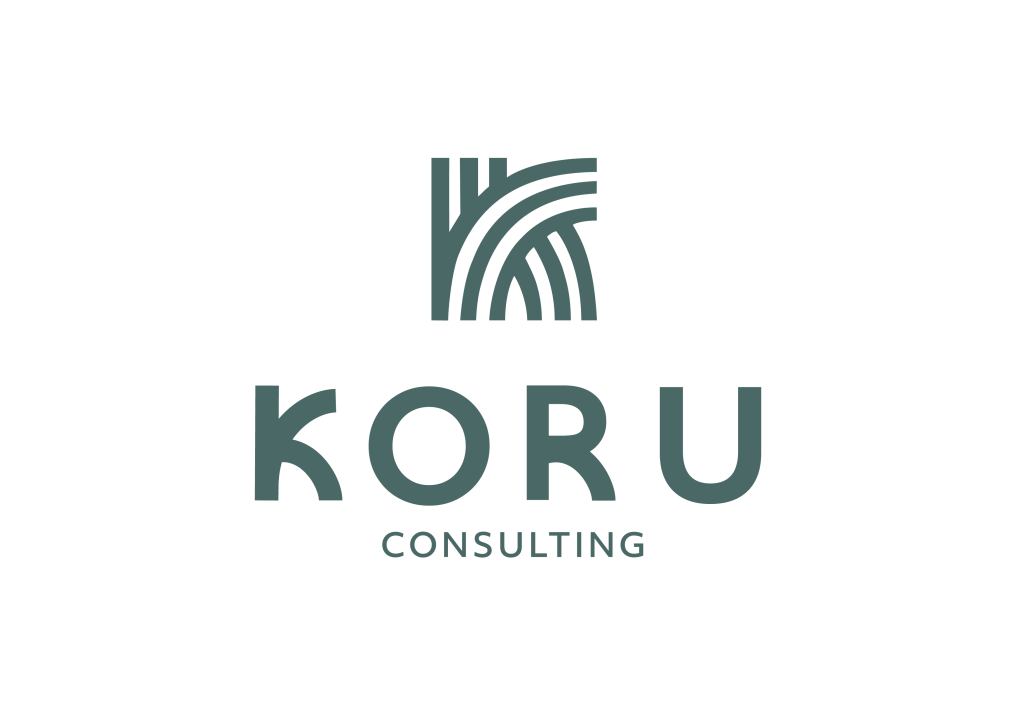From 2024, companies will have to report much more about their sustainable activities, not only about their CO2 footprint, but also about their ambitions, future expectations and the footprint of the entire chain.
I remember that in June 2020, during one of my lectures at Nyenrode Business University, I mentioned a news article entitled ‘Supersaaie wet kan financiële wereld op zijn kop zetten’ (A super boring law could turn the financial world upside down) that was published on the NOS website on 18 June 2020. It was about the EU taxonomy and how the indication of whether or not something is sustainable would put the financial world on edge. The world is changing faster than I expected, knowing that new external reporting guidelines from the EU have now been published that go much further. It concerns the Corporate Social Responsibility Directive that applies to listed companies and companies that meet two of the three criteria: €40 million in annual turnover, €20 million in balance sheet value, 250 employees. Do you meet these guidelines? Then from 1-1-2024 (companies that also fell under NFRD) or 1-1-2025 (other companies that fall under this guideline) you will have to start reporting extensively on your sustainable activities in your annual report.
Licence to operate
The directive was published earlier this year in a preliminary version, to which many experts contributed their input. In my research, I focused primarily on the circular economy and followed developments based on that directive. In November 2022, the directive was approved within the EU and a new version was published. It is a comprehensive document that highlights the environmental, social and governance (ESG) aspects of an organisation. This directive requires you to report on your impact on the environment in the form of a CO2 footprint (your energy consumption, transport movements as an organisation, of your employees, etc. – but also of your value chain), but also on your raw material consumption. The guideline also prescribes that you report on your efforts regarding the social side of the organisation in the form of employee policy, but also human rights in the value chain. And then how you have organised this in the management of your organisation. A sustainable organisation that pays real attention to these subjects has given attention to its stakeholders a place in the decision-making process or even from a stewardship approach. As an organisation, you can report that you do not pay attention to these topics and have no ambitions to get started on them. The transparency created by this directive, by making it mandatory for larger organisations, creates market pressure to take steps in this direction in order not to lose your licence to operate. An auditor’s report on the data you share in this area is part of the new directive. An exciting development, also for accountants, but a method to significantly reduce greenwashing. I can imagine that these directives make you nervous and that you really want to get to work on making your organisation more sustainable. But how?
Koru Consulting can help companies design that strategy and gain experience step by step in what it brings to your organisation. Can we help you with this? Feel free to get in touch.
Diane Zandee

